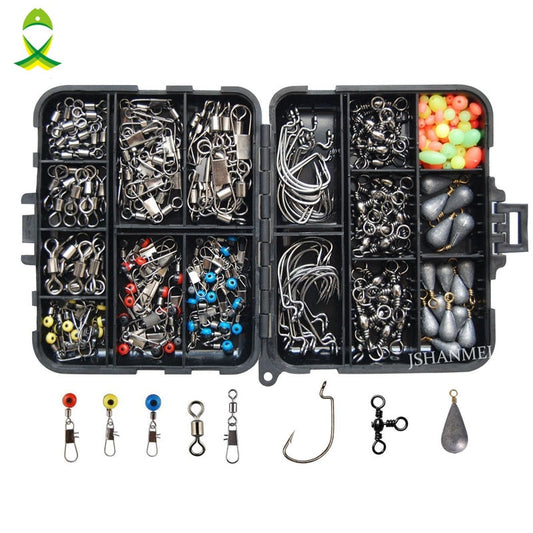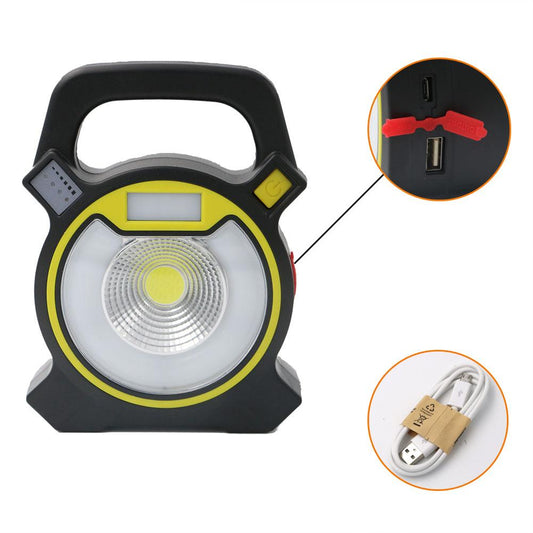I'm a business coach and over the last year I've witnessed a staggering rise in scams. Almost half of my students fell victim, leading to their Facebook pages being shut down, money drained from their accounts, and their business listings blocked by Google.
Personally, I'm scared. It feels like the internet is being taken over by evil and good is being pushed aside. My students are getting more and more frustrated and are asking me how to spot a scammer. So, I took it upon myself to get some good information together on How To Spot A Scammer.
“They said it would help me pay off my debt faster!” |
|||
|
|
“It was too good of a sale to pass up!” |
|||
|
|
“I received an urgent pop-up message telling me to take action immediately!” |
|||
|
|
Recognize and Report Scams
Scammers use different tactics to get victims to fall for their schemes. In some cases, they can be friendly, sympathetic and seem willing to help. In others, they use fear tactics to persuade a victim. Learn about the different scam tactics, and what to do if you suspect suspicious behavior.
COMMON RED FLAGS
Scams start with someone you don’t know: Scams often use fake emails, text messages, voice calls, letters or someone who shows up at your front door unexpectedly.
You’re asked to take immediate action: If you are pressured to end money quickly (like limited time offers) or threatened with law enforcement action, something is likely off.
Don’t agree to complicated payment methods: Examples include purchasing a gift card and giving the code or depositing a check and returning overpayment.
TYPES OF SCAMS
Impersonation: Make sure you’re speaking to a legit company and not scammers posing as one.
Online shopping: Research social media marketplace merchants & look for red flags like very low prices.
Payment: Be wary if you’re asked to make a purchase with the promise of compensation.
Employment: Don't apply for jobs with enticing perks when the application wants personal info.
Romance: Be wary of relationships exclusively online with someone who needs financial support.
AVOID SCAMS AND SAFEGUARD YOUR FINANCES
- When in doubt, hang up the phone immediately.
- If it sounds too good to be true, it probably is.
- Verify SMS text or email origins.
- Resist the pressure to act immediately.
Spotted a scam or worried you've been compromised?
There are too many scammers out there for the FBI to keep up with, they need our help to fight the battle and take back the internet. Report the scam to the BBB Scam Tracker and the government via the FTC ReportFraud site. You may also want to report scammers directly to the FBI.
Remember, its better to be safe than sorry.
Stay safe out there,
Coach Trina




























